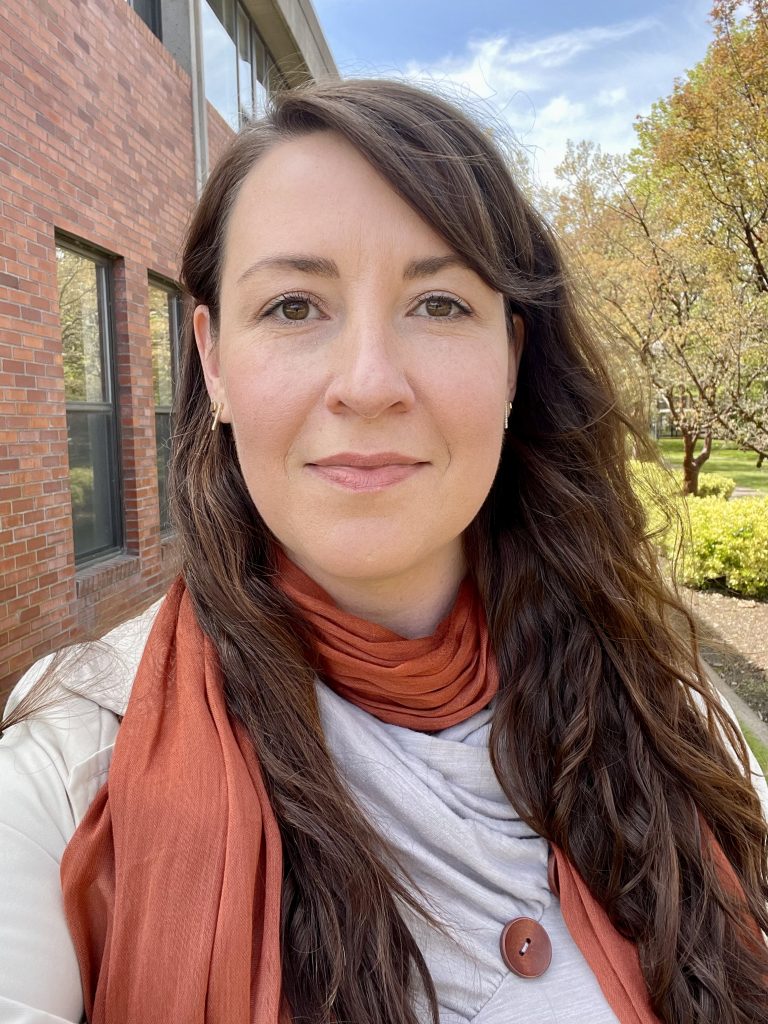By Elizabeth Brookbank, ILG North American Rep
Book banning, driven mainly by the group Moms for Liberty (recently designated as an extremist group by the Southern Poverty Law Center), continues to be a huge headline for libraries in the U.S., especially school libraries. (See my June news round up post for more background). The number of requests to ban books nationwide is at a 21-year-high according to data from the American Library Association. Seeing an opportunity, at least one corporation has created a product to leverage the situation into profit by creating an app that is billed as “helping” libraries, when in fact it seems designed to help parents who want to be involved with book challenges. And in a combination of hot button issues, one school system was found to have used the generative AI tool Chat GPT to review books it was considering banning.
Another recent development in school libraries is the story that a large school district in the state of Texas is planning to cut librarians’ jobs in 28 schools and turn some of these libraries into “Team Centers” for students removed from class for disciplinary reasons. This school district is far from alone in cutting library jobs and spaces, but is an outlier in terms of the numbers cut.
A U.S. appeals court recently ruled that publishers don’t have to deposit physical copies of books with the U.S. Copyright Office, which up until now had been a requirement that ensured the Library of Congress had “copies of every copyrightable work published in the United States.” The decision says “the Copyright Office’s demand amounted to an unconstitutional government taking of Valancourt’s property.” Given that the decision dealt with a constitutional question, it seems possible the issue could be taken to the U.S. Supreme Court, but there hasn’t been any word on that yet.
In other book and library-related legal news, there are new developments in the ongoing lawsuit against the Internet Archive by book publishers. A judge’s ruling in March seemed to side with the publishers, but the final order from a U.S. District Court judge that was filed in August leaves the big issue of ebook ownership as a question yet to be considered. The linked article does a great job of giving the background of the case to this point if you’d like a primer, and of summarizing the main issues in the case. In short, “The publishers’ objective had been to forbid the Open Library to loan any of their in-copyright books as ebooks…[but the judge] sided with the Internet Archive’s interpretation of the decision instead. For now, the Open Library will have to stop loaning only those ebooks for which the publishers are offering their own ‘competing’ ebooks for license. In other words, the order relies solely on the argument that the Open Library is harming the publishers’ revenues from ebooks, a distinction that seems to go to the heart of the dispute.” I especially appreciated this quote, given its relevance to the first story in this blog post: “At a time of increasing book bannings and attacks on libraries, public schools and universities, it is not safe for democracy, or for our cultural posterity, to leave an ‘on/off’ switch for library books in the hands of corporate publishers.”
Misinformation and disinformation are timely and important topics in information literacy, and this recent essay from The Scholarly Kitchen is a really interesting discussion of when one becomes the other, using a recently published medical article as an example.
This update is by no means comprehensive! If you have another reading or article to share on any of the above topics or on another topic of note, please post it in the comments.

